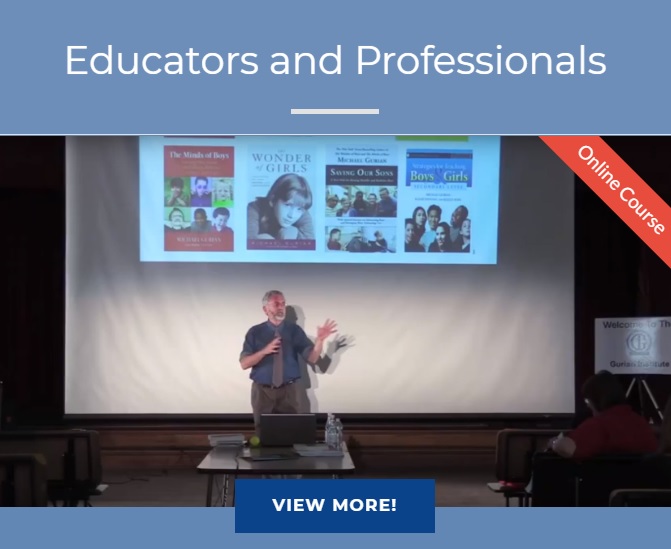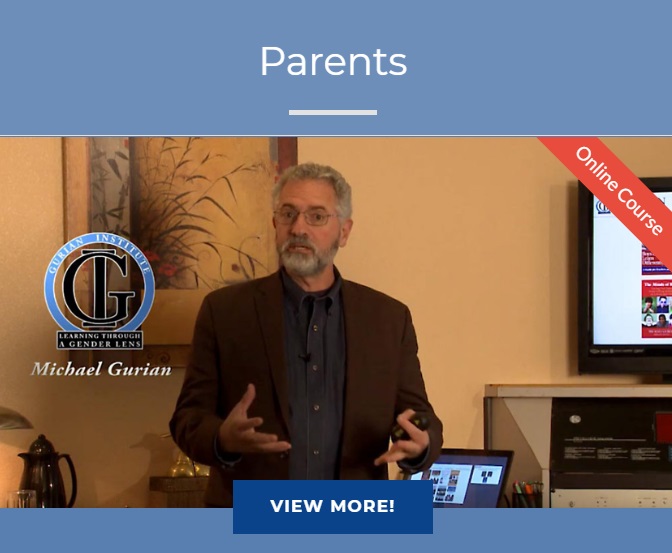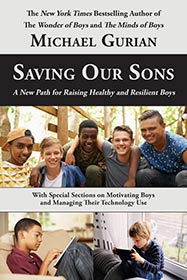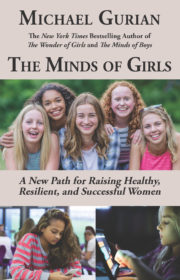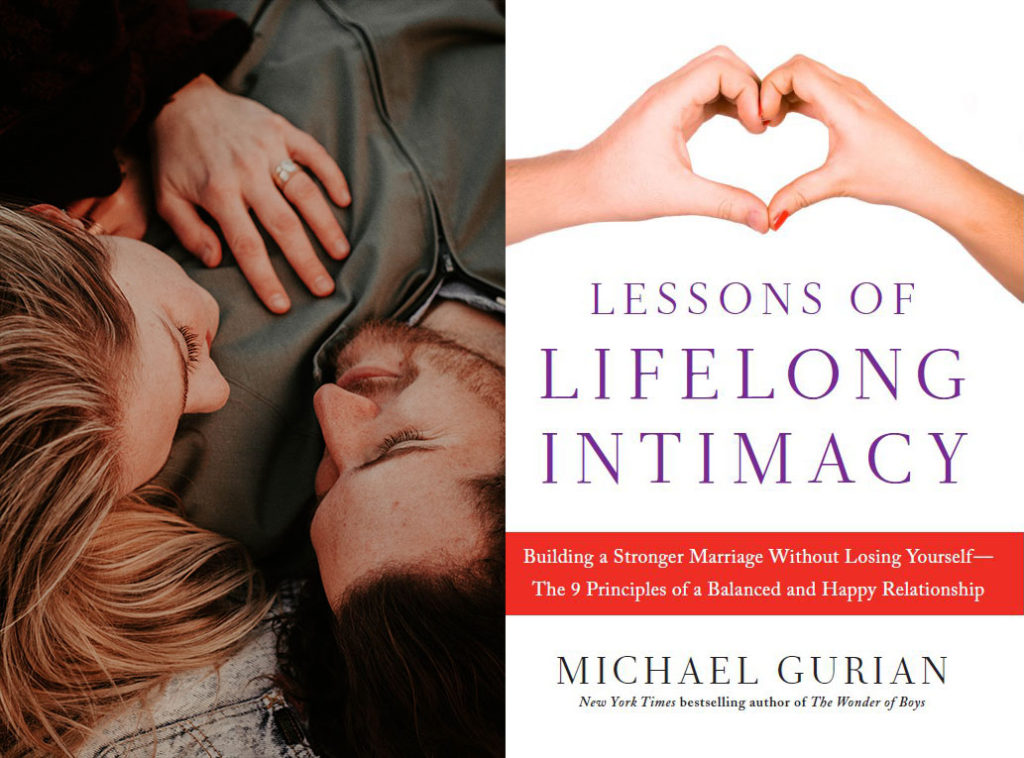
“We are at each other’s throats,” a client told me via tele-coaching this week. “We’re together all the time, he lost his job, we have three kids trying to do schoolwork, and I have to cloister in the bedroom to work from home. We are in constant conflict.” Another client via telephone downplayed his conflicts with his partner, (I will use “partner” to mean spouse or mate in any committed couple relationship), but said, “We need help figuring out how to navigate this new, constantly-close ‘normal’ in our relationship.”
Married 34 years, I have been a marriage and family counselor for 30 of those. Here are four strategies you can use right now to stay emotionally healthy through relationship-conflicts. Each of these strategies directly impacts your brain’s ability to cope, including the movement of signaling from your highly stressed amygdala to your pre-frontal cortex, where you can best protect your relationship, and yourself, through this crisis.
Angie and Frank
Let me ground the strategies in a case study you can use as a foundation for analyzing your own couple stress—please modify this as needed to fit your relationship.
Angie, 38, and Frank, 41, have been married 14 years and have three children. Raised in a chaotic, alcoholic home, Angie is relatively rigid in the area of rules and structures. This rigidity was her survival mechanism; meanwhile, she married Frank who is more spontaneous and not a rule-follower.
This couple is now under great stress, so each person’s deepest fears have risen to haunt the relationship: what they loved about each other when they married, no longer sets them free as individuals. She fears his spontaneity and lack of rules at a primal level; he feels oppressed in the face of her rigidity.
Many of our conflicts during quarantine will be about trying to change the other person’s character—Frank trying to get Angie to stop being so rigid, Angie trying to control and reshape Frank into what feels safer for her, while she simultaneously feels powerless and afraid. When the other person does not change, both people feel betrayed.
The Four Strategies
This “big mistake” in relationships—trying to change the other person—is the source of much of our conflict in close quarters. No one is immune to this “mistake.” Gail and I, both mental health counselors, long-married, still find that we make it with one another.
Strategy 1: Reframe your relationship into a psychological mirror. This kind of reframing adds essential logic to the emotion-based process of a relationship. Keep mindful of your partner as a mirror that shows you (unconsciously during your quarantined days):
- your own deepest fears
- what you dislike in yourself.
Frank is gaining weight and Angie picks at him about it. Angie is also gaining weight and it scares her. To some extent, she is picking at Frank because she dislikes the weight gain in herself. Even deeper down, her father was overweight and alcoholic and among her deepest fears is one that says Frank will become that father.
To cut back on harmful conflicts, Angie needs to practice this strategy of re-framing the relationship into a mirror. She needs to study each conflict she and Frank have for her own “deep fear” and “dislike of myself.”
Frank does, too.
“I created that conflict because….,” Angie sees. “I criticized her because…” Frank sees. As they compare notes, they move more of their conflicts out of the amygdala and mid-brain where they can’t apply much personal control over their fears, to the upper brain, including the pre-frontal cortex, where they can.
Strategy 2: Compliment one another at least 5 – 10 times per day. Re-framing will cut back on a lot of conflict if well practiced, but it needs concerted help from appreciation and valuing.
Frank is an engineer, highly verbal in the areas of his profession, but not in the social-emotional. Now quarantined with Angie and in couples coaching and counseling, he is seeing how difficult it is for Angie—and what a stress-causer for her—that he does not verbally appreciate or value her enough. He is now complimenting her 10 times per day; Angie, who finds paying compliments easier than Frank, is not only appreciative, but even more complimentary of Frank.
“I haven’t told you before, but you are such a great mom (dad).”
“You kicked butt on that phone call with your boss.”
“You’re so smart, so organized, it’s beautiful to see.”
“I need you and I’m so proud of you for who you are.”
This kind of deep appreciation, like all soulful praise, is crucial to the survival of any relationship, especially one in crisis, and in close quarters. Appreciation and valuing not only show our partner that we love them, but also that each person believes in the other person—for who we each are.
Strategy 3: Have as much good sex as possible. Sex produces lots of oxytocin, a bonding chemical that is essential for couple bonding in the short and long term. Generally, the more oxytocin you have circulating within yourself and your partner, the better.
Angie and Frank have both enjoyed sex during their relationship, but lately their sex life has waned—somewhat before the COVID-19 quarantine, and especially during it.
“We’re too exhausted,” they lament.
“The kids are always around.”
True words for most people these days, but still, sexual bonding creates more bonding which creates more bonding…generally, this is good.
If you need to schedule sex later at night or early in the morning when kids are asleep, it is good to do that.
It is important to remember that some people do not bond verbally in the same way their partner does; they may especially bond with sex, and that is okay as mutual consent is given. In fact, it’s not just okay—it is likely necessary.
Strategy 4: Take very little personally in these conflicts and, thus, forgive your partner and yourself generously. Especially when thrown together in close quarters, we may not realize it, but we will be bonding through conflict when we pick at each other, bicker, critique, guilt one another, and generally create tension we work through together.
Angie has close friends she bickers with—their friendships go back to elementary school. When I mentioned “bonding through conflict” to her, she recognized the phenomenon. She and her friends create fights they resolve soon thereafter, taking nothing too personally (for very long), and then forgiving. This process enhances her bonds with these friends.
When I mentioned this to Frank, he recognized the phenomenon among male athletes—constantly dissing each other and bonding through that kind of thing—but he was never athletic, he said, and had never liked it, so he didn’t participate. “I was a pretty sensitive, geeky kid and got bullied. I don’t see it as bonding.” Frank has only one male friend with whom he does practice some dissing, he said, but not much.
Yet Frank is open now to understanding “bonding through conflict” as he and Angie study their new tensions. He is working to see the quarantine as a time for resilience building; learning to take things less personally, especially because when he takes things personally he tends to withdraw from Angie, which feels like abandonment to her; and forgiveness of Angie and himself.
Battling Our Own Fear of Inadequacy
To some extent, all of us need to forgive ourselves and our partners for our common, hidden fear: our fear of inadequacy. It is built into each of us from an evolutionary standpoint, and our successes often rest on this fear’s power to mold us.
Yet it can debilitate intimacy, and even more so as we lose jobs, find ourselves angry more than we wish, and feel inadequate to cope with constant tension and stress.
Understand this fear in yourself and your partner and forgive both yourself and your partner for acting out of this fear more than you realize.
As you apply these strategies, I hope you will find soulful evidence that we are all relatively powerless as individual actors in our larger society during the height of this crisis, yet each of us is, in our own relationships, a potential source of resilience, strength, and new empathy we did not fathom before.
My most recent book on this topic is Lessons of Lifelong Intimacy, from Atria/Simon & Schuster, and available on amazon.com and at booksellers. If you would like to explore the possibility of relationship coaching with me or a Gurian Institute team member, please write us at info@gurianinstitute.com.






